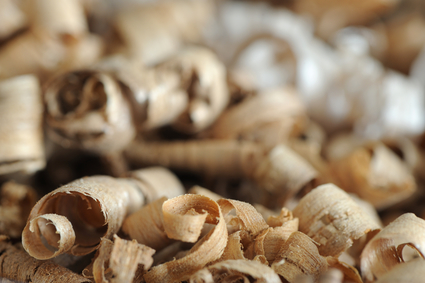Dutch stop subsidising heat generation by burning wood chips

 Ministers have agreed to immediately stop giving subsidies for the use of biomass, or wood chips, to generate heat for city heating schemes and greenhouses, the economic affairs ministry has confirmed.
Ministers have agreed to immediately stop giving subsidies for the use of biomass, or wood chips, to generate heat for city heating schemes and greenhouses, the economic affairs ministry has confirmed.
Dutch biomass plants, which are supposed to help comply with EU climate goals, have been given billions of euros in subsidies in the last few years. They have, however, become deeply controversial because of longer-term damage to the environment.
‘Organic raw materials play an important role in achieving a climate-neutral and circular economy,’ climate minister Rob Jetten said in a statement. ‘They are also crucial in becoming less dependent on fossil fuels… at the same time, the government is aware of the concerns.’
The government, he said, would approve the use of sustainable bio-based raw materials where they make the greatest contribution to sustainability and where alternatives are limited.
This includes bioconcrete, paint based on bio-based raw, green gas as a replacement for natural gas, or as a fuel for heavy road transport, aviation and maritime shipping.
Pollution
In July 2020, the Dutch government’s senior advisory body SER recommended that subsidies for the use of biomass in power stations be phased out quickly.
However, the Dutch environmental assessment agency PBL says the use of biomass may be unavoidable if the Netherlands is to meet the EU targets.
Without using biomass, the Netherlands will have to install wind turbines and solar panels more quickly than it is currently doing, and other difficult choices will have to be made, the PBL said.
The use of biomass, such as wood chips, as a fuel generated an extra 19 megatons in carbon dioxide emissions in 2020, according to calculations by national statistics agency CBS.
The Netherlands has also been under fire for importing wood chips from the US and the Baltic states to burn in power plants.
Thank you for donating to DutchNews.nl.
We could not provide the Dutch News service, and keep it free of charge, without the generous support of our readers. Your donations allow us to report on issues you tell us matter, and provide you with a summary of the most important Dutch news each day.
Make a donation